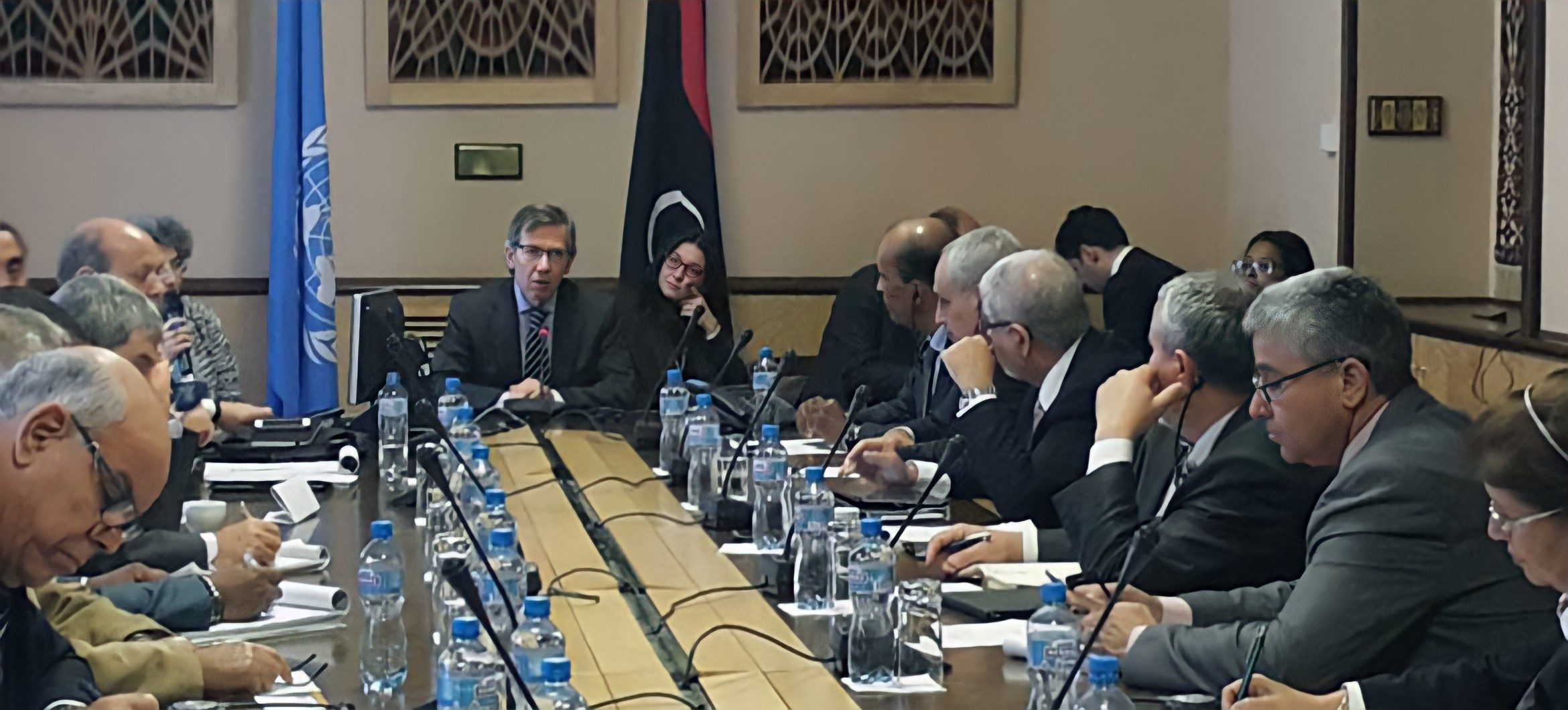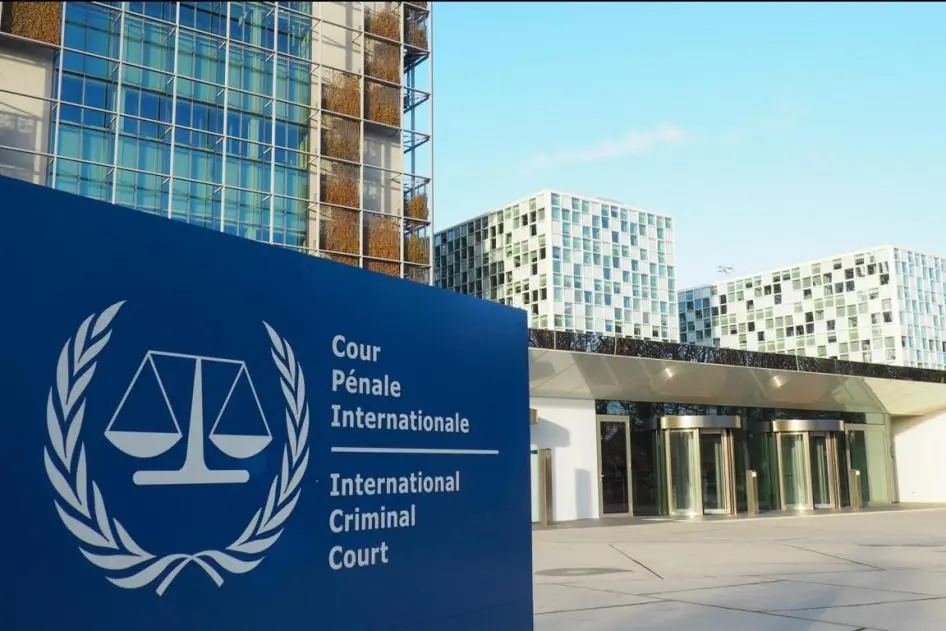Global powers have now met in the German capital to bring Libya one step closer to achieving lasting peace.
World powers have convened in Berlin on Wednesday to commence the second round of efforts to bring war-torn Libya one step closer to peace.
The Libya peace talks, sponsored by the United Nations (UN), saw foreign mercenaries and troops in the North African country, as well as elections, at the top of the agenda.
“We refuse to return to wars and tamper with the capabilities of the state, and we will put great effort for the sake of stability,” said Prime Minister to Libya’s transitional government Abdul Hamid Dbeibeh.
“There is a great opportunity to achieve democracy through free and fair elections,” he added.
Representatives of Libya’s interim Government of National Unity (GNA) as well as US Secretary of State Antony Blinken and the foreign ministers of France and Egypt were present at the UN-sponsored talks in Berlin.
The Berlin conference marked the second round of talks, the first of which was held in January 2020 and was first attended by the presidents of Turkey, Russia and France.
However, the Berlin meeting also saw the participation and attendance of members of the GNA.
The five permanent members of the UN Security Council, alongside Italy, Egypt and the UAE, have been involved in the Libya peace talks.
Read also: Libya FM seeks Qatar support ahead of Berlin meeting
The talks aim to bring about progress in the file of Libya, which has suffered from a decades-long state of violence.
Ahead of the talks, German Foreign Minister Heiko Maas stated that much progress had been achieved in the past two years.
Most notably, the October permanent ceasefire agreement that included a demand for all foreign fighters and mercenaries to leave Libya within 90 days was a huge step in bringing Libya towards a state of stability.
The ceasefire agreement ultimately led to a deal on elections that are due to be held in December, as well as the transitional government that took office in February.
However, the German foreign minister noted that many challenges still lie ahead.
“For the further stabilisation of the country, it is crucial that elections take place as planned and that foreign fighters and mercenaries really do leave Libya,” affirmed Maas.
For Libya, the December elections are of the greatest importance. During the talks, Maas also noted that foreign interference in Libya must be stopped, a sentiment that was also mirrored by Blinken during an opening statement at the Berlin talks.
“We share the goal of a sovereign, stable, unified and secure Libya, free from foreign interference. For this to happen national elections need to go forward in December. That means urgent agreement is needed on constitutional and legal issues.”
The UN has estimated that almost 20,000 foreign fighters and mercenaries are still on Libyan ground. This has posed a threat to Libya’s political transition in the lead up to the elections.
Libya has been split between two rival administrations, Libya’s eastern-based army and its Tripoli-based government, both backed by foreign forces.
Qatar-Libya ties
Qatar has repeatedly expressed its support to Libya’s unity government and signed a security deal with the authorities late last year.
Last week, Libyan Foreign Minister Najla Mangoush met with her Qatari counterpart Sheikh Mohammed bin Abdulrahman Al Thani in the Gulf state.
Qatar’s foreign minister later reiterated Qatar’s support of Libya’s “sovereignty, territorial integrity and stability” during his meeting with Mangoush, wishing the Libyan people “success in their path towards security and stability”.
He also expressed his wishes for the success of the people of Libya in the organisation of the national election, which is set to take place in December.
Qatar’s foreign minister was in Libya last month in his first high-level visit in years, where he met with Interim Prime Minister Abdul Hamid Dbeibah to discuss relations between the two countries as well as Doha’s role in supporting dialogue in the war-torn nation.
In a press conference at the time, Mangoush announced the soon-to-be reopening of the Qatari diplomatic mission in Libya after it was closed in 2014 amid the war.
“We thank Qatar for its support of Libya’s Presidential Council and the Government of National Unity and its support for political dialogue,” Mangoush told the press conference.
Earlier discussions also called for the formation of joint committees to re-evaluate and study agreements and memoranda of understanding with Qatar.
The Gulf state signed a memorandum of understanding with the Libyan government in December, focusing on security cooperation between the two countries.
Libyan warlord Khalifah Haftar condemned the signing.
The May visit came after the formation of Libya’s interim government in March, which will remain in position until the December elections.
Libya has been mired in chaos since the overthrow of former leader Gaddafi – one of the Arab leaders that faced widespread protests during the 2011 Arab Spring.
Since then, regional and international powers including the UAE, France and Russia have pumped funds into counter revolutionary forces in Libya in a bid to vie for power through rogue General Haftar.
The United Nations High Commissioner for Refugees estimates that the conflict in Libya has internally displaced more than 200,000 people. Approximately 1.3 million people need humanitarian assistance.
Follow Doha News on Twitter, Instagram, Facebook and Youtube







